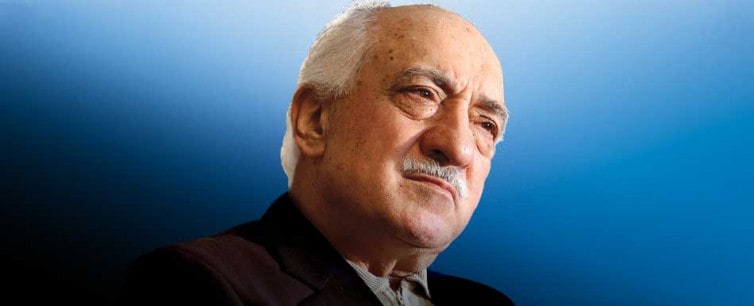You may be acquainted with what, in my opinion, is one of the most interesting phenomena occurring today in the world of education. I am referring to those institutions usually referred to loosely as the “Gulen schools” or “schools of the Gulen movement.” These schools should not be thought of as a type of centralized school system, but rather as a loose collection of independent schools created and operated according to the pedagogical vision of the Turkish intellectual, Fethullah Gulen, and frequently sharing human and material resources.
The actual number of schools is not known, even by members of the inspired by Gülen’s ideas. A recent estimate is of about 700 elementary schools, high schools, college preparatory institutions, student dormitories, and more than ten universities in almost 110 countries that are associated with Gulen movement. These educational institutions were founded by a circle of students, colleagues and businessmen associated with Fethullah Gulen. The schools have been established by individual agreements between the countries in which they are located and the educational foundations erected for this purpose. Each school is an independently run institution, but many of the schools rely on the services of Turkish companies to provide educational supplies and human resources.
Fethullah Gulen was born in eastern Anatolia in 1938. After a traditional Islamic education, he taught religion and served as imam, first in his native region and then in the Mediterranean city of Izmir. There he got involved in the formation of youth and became convinced of the need for a new kind of education in Turkey. He felt that the existing educational alternatives were not offering youths a genuine opportunity for holistic growth and personality development.
Please click on the following link to read more: Thomas Michel

